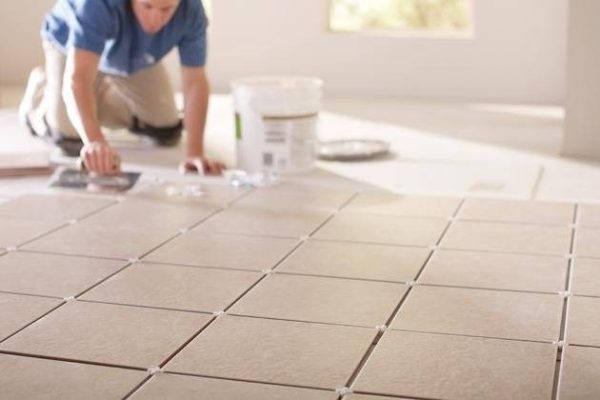Guest Blog Post By: University of Ceramic Tile and Stone (UofCTS)
If you’re a sales rep working on specifications with designers and architects, then no doubt you have encountered your product getting substituted with something else. It may be coming from the tile sub-contractor or even the general contractor. Here are some ways you can combat substitutions:
- What do you do if someone is trying to substitute your product? If you are not involved in the process, it might happen without you knowing or having a chance to stop it.
- It isn’t a done deal when the architect says he will specify your product. You need to ensure you are involved in preparing the specification to ensure your products are specified in the best possible way. The architect can initially specify your product, but when it goes to bid later, he can switch it if another tile supplier convinces him to do so. Especially if any value engineering process has begun and the owner expresses the need to reduce cost due to budget constraints.
- The general contractor can also ask the tile subcontractor for substitutions. Additionally, the tile subcontractor might have errored in his bid or wanted more profit, so he might initiate a substitution, especially if the tile subcontractor has a relationship with another supplier who gives better terms or whom he prefers doing business with. All your competition will be working on substituting your product with theirs, so you need to be aware and defend your specifications.
Here are some ways to ensure you keep the specification and get the sale:
- Make sure your specification is a performance or proprietary specification.
- Be sure the architect understands the differences between your product and the substitution.
- Substantiate the performance of your product with test data and force the competition to provide the same test data for their product.
- Be ready to offer an alternative, especially if a value engineering process has been implemented and you think your specification is at risk.
- Know your competition. Be aware of what else is available as a substitution and know their features and benefits, as it will allow you to anticipate and combat the situation.
- Stay in close contact and follow up with each team member.
- Develop a relationship with the tile contractor, and don’t underestimate the influence they might have on the final purchase.
- Know the schedule and details of the project and have a good relationship with all the players.
- Build a relationship directly with the owner, or their representative, if you can.
- The best defense is a good offense. Let the specifier know in advance that if they get approached or feel it is necessary to consider a substitution to give you an opportunity to respond. That way, you have an opportunity to show the pros and cons of the substitution as compared to your product to convince them to reject the substitution.
- It is always a best practice to focus on quality and service. If necessary, you may need to reduce your price to prevent the substitution. In these cases, if you are a distributor/supplier, then consider getting the manufacturer involved so they will reduce their price to help avoid a substitution.
This topic is only one of the key items you can expect to learn at the upcoming UofCTS live session at Coverings 2023 this April. See you there!







